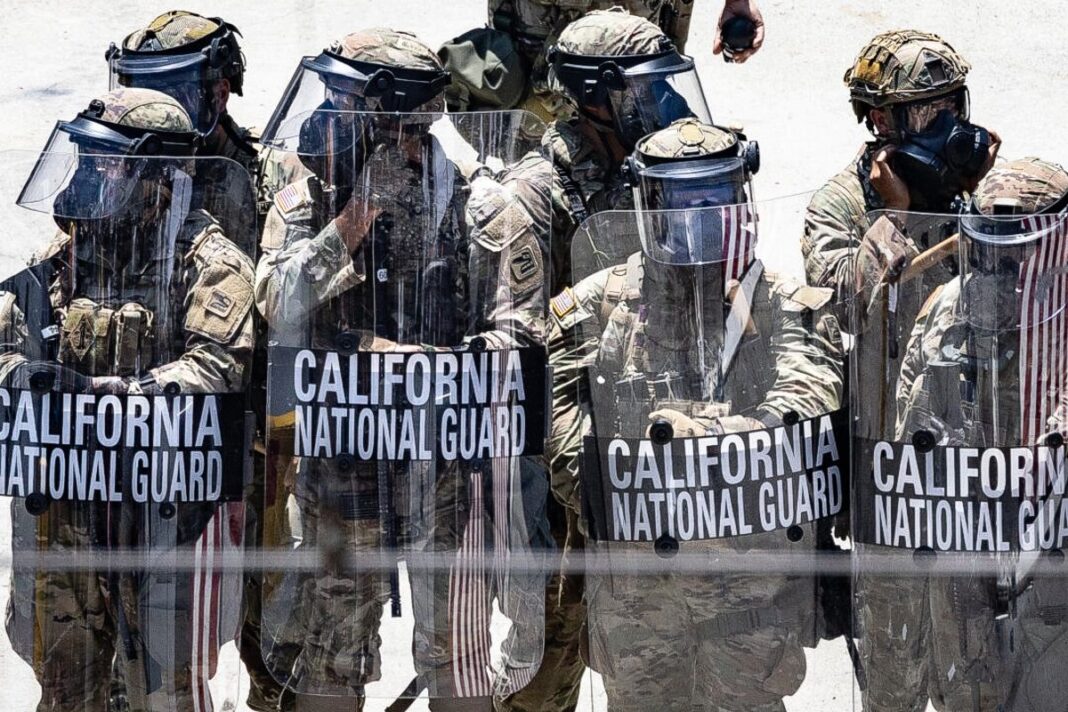Seven presidents and trillions of dollars after its inception, the Trump administration has cut the agency in half and seeks to eliminate it.
In 1866, Ohio congressman and future president James Garfield championed the creation of a federal Department of Education to address high illiteracy levels among former slaves and an influx of European immigrants.
As part of the post-Civil War Reconstruction effort, Confederate states were required to guarantee education for all in their rewritten constitutions. The new federal agency would monitor and enforce compliance, notes a brief history of the Department of Education published by the Conference Board think tank.
Garfield’s efforts led to President Andrew Johnson’s creation of the Department of Education in 1867. However, representatives from both northern and southern states complained about the federal government having control over local schools. They downgraded the agency to the Office of Education after just one year and placed it within the Department of the Interior.
In the decades that followed, Presidents Calvin Coolidge, Herbert Hoover, and Franklin Roosevelt pressed for more federal involvement in public education, ahead of President Jimmy Carter’s successful campaign to establish the Department of Education as a Cabinet agency in 1980.
Seven presidents and trillions of dollars later, President Donald Trump and Education Secretary Linda McMahon have cut the size of the agency in half, transferred many of its functions to other agencies, and seek to eliminate it.
Politically, the main arguments for and against the Department of Education have been repeated often over the past 158 years.
“It’s like déjà vu for education all over again,” said Gerard Robinson, a professor of public policy at the University of Virginia and an expert on the history of K–12 education policy.
All told, he said, there were more than 50 failed Congressional attempts to elevate the Office of Education to a Cabinet level agency.
The reasons for those failures ahead of Carter’s success mirror the same sentiments for its potential demise in the months ahead, he told The Epoch Times: Most people don’t want the federal government involved in local and state policy, and the agency is simply “not worth the investment.”








